I watched in amazement as the woman seated beside me plucked the only bottle of wine off the buffet table, brought it back to her seat, put it up to her lips and took a couple of very long pulls. She turned to me. “I’ve been drunk since election night,” she said.
“I don’t blame you,” I said. “If I could still drink I would. Do you need a ride home after the meeting?”
“No, my partner is going to pick me up. We’ve been camping at the lake. We don’t want to be in civilization for a while,” she said.
The meeting was held at the Dennis R. Neill Equality Center a week after Trump’s election and it was the first feminist meeting I had been to in 30 years. The purpose of the meeting was to make a plan for getting a bus to DC for the Women’s March or organizing a Tulsa march, but the only thing we decided on was to meet again. There were about 20 of us. We went around the room and each of us described our involvement in feminism.
Housewives for Equal Rights Amendment (ERA)
Compared to some well-known feminists in the room, women I had only read about such as Gloria Dialectic and Nancy Moran, the description of my feminism was pretty lame, but surprisingly well received.
“In the 1980s, I lived in Bartlesville and I was a member of a group called Housewives for ERA. I hosted parties, stuffed envelopes, and got a story about us in the Tulsa World,” I said.
“That was in Bartlesville? That’s radical for there! Good for you,” one woman said. Several others nodded in agreement.
I was 27 years-old at the time I joined the Bartlesville Housewives for ERA, and one of the youngest members. Those women were a life raft for me. I had moved to Bartlesville from Richmond, Virginia, when I married a guy who worked for Phillips Petroleum.
I had worked for state government in Virginia, using my journalism degree to write materials for the Virginia Conservation Commission. The first time I felt a personal need for feminism was after I took a management class offered by the state. To move up to a higher pay grade, I needed to pass an exam administered by the state, but although they let women in the management class, they didn’t let women take the exam. For anyone who follows the news, it should come as no surprise that Virginia wasn’t and isn’t a hotbed of progressiveness.
I was infuriated, and made some calls to figure out how to jump through the hoops. After hitting one dead end after another, I called my father, a labor relations attorney. Although he always represented management, he had a heart for fairness and improving people’s work situations. One of his former employees worked for the governor. I made an appointment with the man, and was soon allowed to take the exam.
It was opened up to all women.
Playing the Game
And that brings me to a quote from Gloria Steinem.
“We have to consider not just the patriarchy outside us, but the patriarchy within us.”
I would have liked to have the rule changed without help from a man, but I couldn’t get anywhere on my own. And looking back over my 40-year career, it wasn’t an isolated incident.
After trying to score an interview in Phillip’s Public Relations department and failing, my husband’s boss got me in. I was introduced as a “housewife with a Journalism degree.” The men in the department told me their only female employee was “an old oilfield gal.” I still don’t know what that meant exactly.
You’re not one of those feminists, are you?
In the 80s and 90s there were several things I could count on being asked in job interviews: Was I married, what did my husband do, did I have children, did I know how to type, was I interested in being a secretary?
Male interviewers, and they were all male, also asked “You’re not one of those feminists, are you?” It was synonymous with being asked, “Are you difficult?” My standard reply was that I wasn’t interested in marching for anything, but if he were asking if I believed that men and women were equal, then yes, I did.
Behind the Times
Against this background of blatant sexism, I was subscribing to Ms. magazine and reading everywhere about women rising in the corporate world and women who were raising children while also working full time. If Virginia was about 10 years behind in gender equality, then Bartlesville was about 20 years behind.
Yet Ms. magazine sent a reporter to Bartlesville to write a story about women in the oil industry. A woman patent attorney from Housewives for ERA was featured. We were so proud of her. Bartlesville was described as a town with 80 churches and one psychiatrist. What Ms.magazine didn’t report was that anyone in Bartlesville who needed a psychiatrist went to Tulsa so they wouldn’t be gossiped about.
It’s Enough to Make You Crazy
Phillips never offered me a job. I found a position as a reporter, photographer, and society editor for the Nowata Daily Star, which at the time was the smallest daily in Oklahoma and probably in the US. The idea that Nowata had a society editor still makes me laugh.
My beloved editor at the Star, Bruce, encouraged me to apply with the Tulsa World, and I soon worked as a correspondent for the World, USA Today, and The Wall Street Journal. When the ERA wasn’t ratified in the Oklahoma Senate in 1982, we Housewives renamed our group The Women’s Network.
My friends in it gave me a baby shower and helped me as a new mom when I adopted my son in 1986. I stopped reporting after that and moved to Tulsa in 1996 after a divorce and started a career in Public Relations. I retired in 2013.
Enormity of Systemic Patriarchy
Like every woman I know, I have a #MeToo story or two. But when I look back on my career and recall every inappropriate, obnoxious, or flat-out illegal form of discrimination in my work life, I also remember kindnesses from male colleagues that are equally memorable. Through my career, I rarely thought about the impact of knowing that my employers almost always would have preferred to hire a man. The enormity of systemic patriarchy was too depressing to dwell on.
Recognizing my Privilege
Of course, I’m seeing this from the only viewpoint I have, which is that of an upper middle class, college-educated white woman. I recognize that I was privileged and my challenges were minuscule compared to those of single mothers with young children, women with no one to rely on but themselves, and women who have a completely different experience than mine. I wish I could say that I marched for those women, for all women, but, honestly, I wasn’t that motivated or courageous.
Battered Women
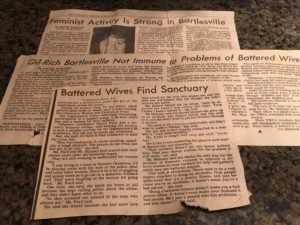 I did do one thing that may have helped women. I wrote a story for the Tulsa World about a shelter for battered women that opened in Bartlesville. The World ran it on a Sunday on the front page. I received a lot of criticism for writing it. Strangers called me up and yelled at me for “airing Bartlesville’s dirty laundry.”
I did do one thing that may have helped women. I wrote a story for the Tulsa World about a shelter for battered women that opened in Bartlesville. The World ran it on a Sunday on the front page. I received a lot of criticism for writing it. Strangers called me up and yelled at me for “airing Bartlesville’s dirty laundry.”
But the story brought the issue of domestic violence to the public’s attention. It blew up the notion that domestic violence only occurs in poor families.
Counting on Millennials
At All Souls last summer, in a meeting about beyondbelief.online, Judy Jarvis raised questions about feminism that Bonita summarized in her story, The F Word: An Introduction. Judy reminded me so much of those wonderful Housewives for ERA. Like Judy, most of them were about ten years older than me, and they had put up with attitudes and comments far worse than I had in the working world and beyond.
A few days after the post-election meeting at the Equality Center, I ran into an old friend from the Bartlesville Women’s Network, Fran Stallings (Some might remember her as a member of All Souls back in the day.) She told me that she had wanted to attend the meeting but had a conflict that evening. Fran asked me to send her a summary of the meeting that she could read at the next meeting of The Women’s Network. Thirty-four years after the demise of the ERA they were still going strong and attracting new members, including millennials.
In the summary I sent Fran, I wrote that it was clear that the women from the second wave of feminism—women in their sixties to eighties—were relying on the younger generations to continue the fight for equal rights. We second wavers had had enough, myself included.
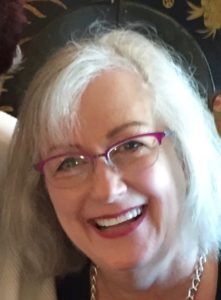 Sallie Godwin is a regular contributor to beyondbelief.online. Read more from Sallie, including her story about All Souls food ministry, Moveable Feast, and the latest from our Partners In Education school, Gilcrease Elementary. You can find her personal blog at salliegodwin.com.
Sallie Godwin is a regular contributor to beyondbelief.online. Read more from Sallie, including her story about All Souls food ministry, Moveable Feast, and the latest from our Partners In Education school, Gilcrease Elementary. You can find her personal blog at salliegodwin.com.
At All Souls, we are devoting a year-long series in 2019: The F Word: Perspectives on Feminism in the Year of the Woman. The intention is to talk about issues women and girls face, to hear women’s voices and ideas, to get to know each other through individual and collective experiences and storytelling, to hear from men and their roles in supporting women, and to create a space for women to support each other. The series is intended to be inclusive, honest, and intersectional.
In March, we will hear from Yadenee Hailu, Intern Minister at Hope Unitarian Church.
Tell us your story. Even if you’re not a writer, you have a story to tell.
Submit the idea for your blog by emailing bjames@allsoulschurch.org. A short description or outline is fine. Our editorial team will work with you on the timeline and details. If you’re interested in being interviewed instead of writing, that can be arranged too. <3
*NOTE, all ideas for submissions will be considered for publishing. Selected ideas will be added to an editorial calendar and the submitter will work with the editorial team to assist with guidelines, proofing, and graphics/photography.

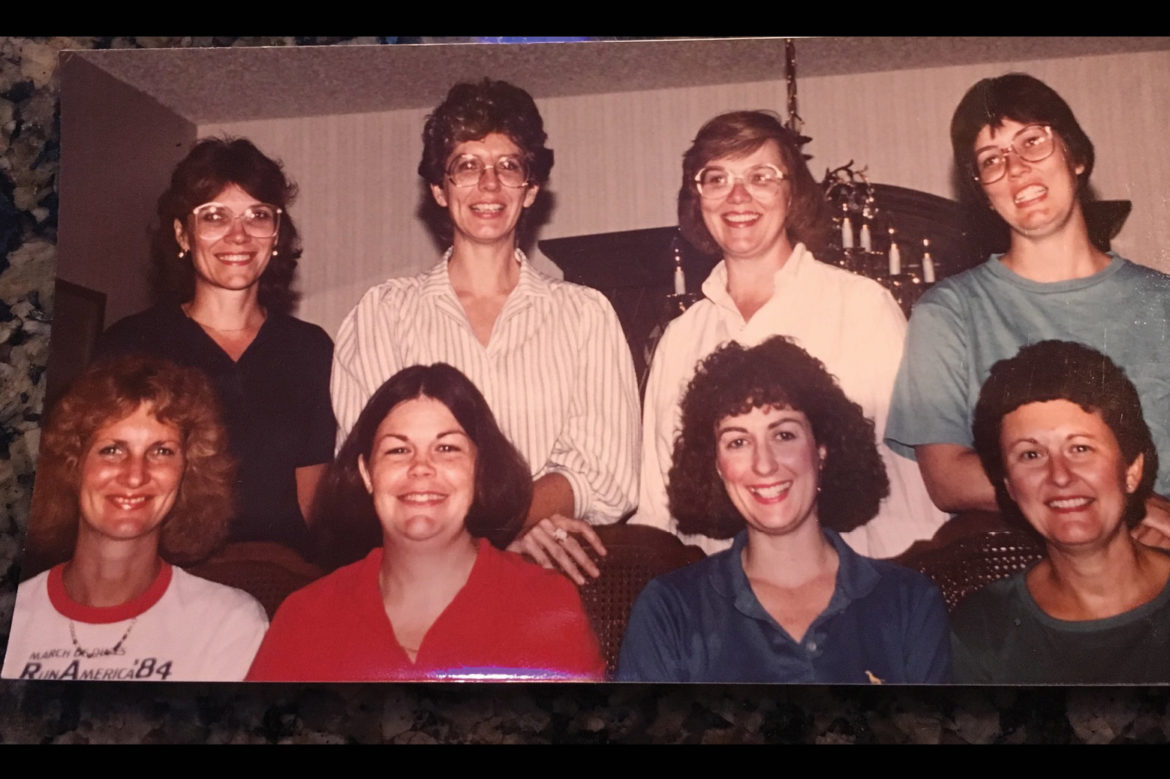
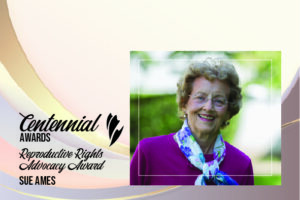

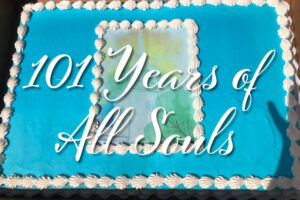

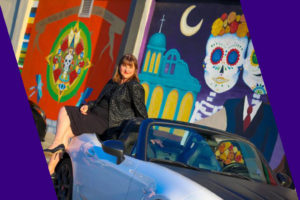

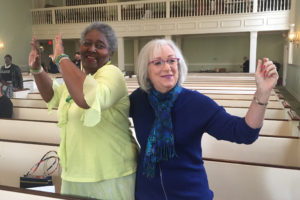
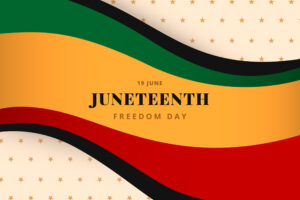
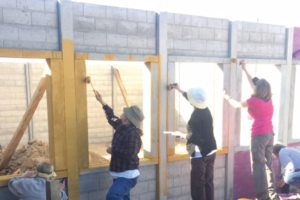


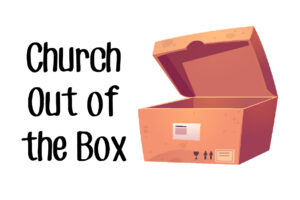
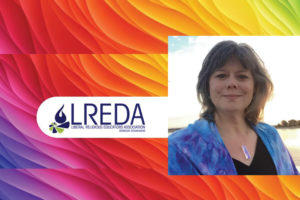

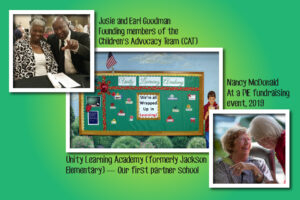
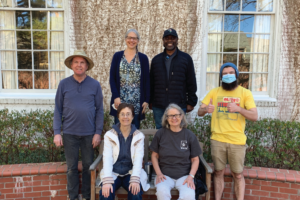
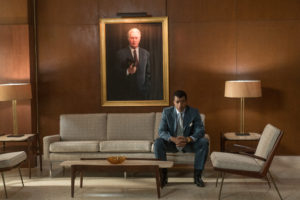
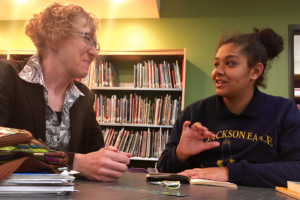
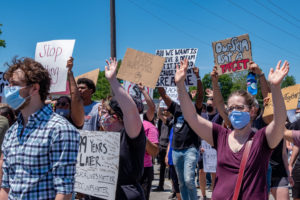


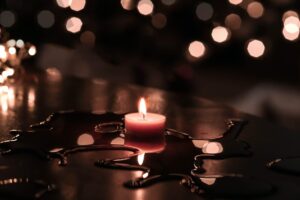
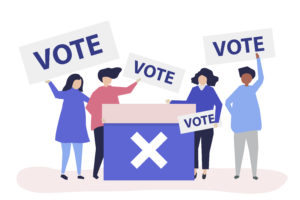
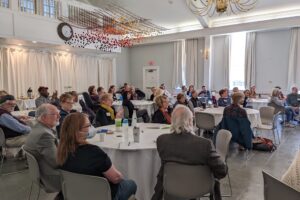
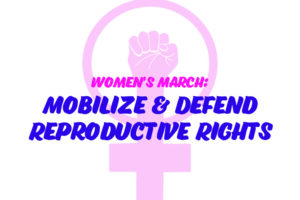

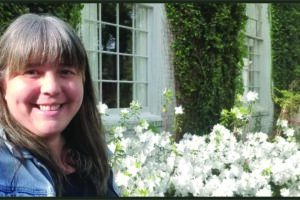
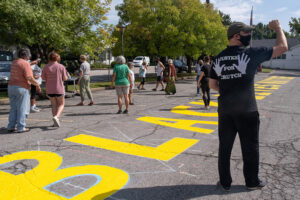
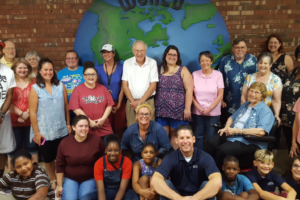
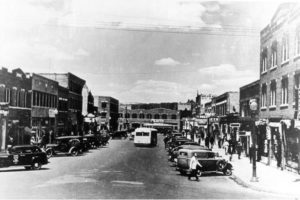

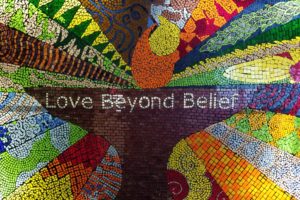
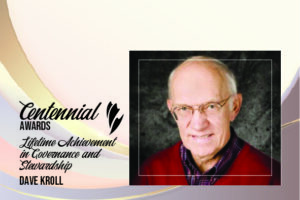
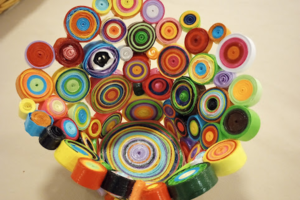



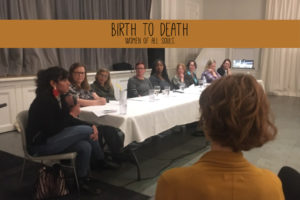


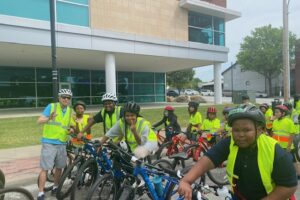
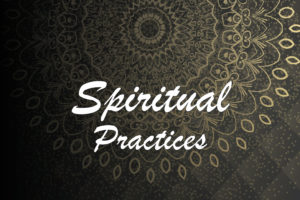


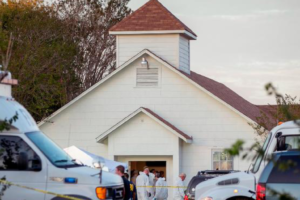
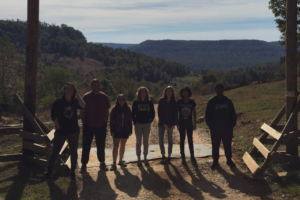

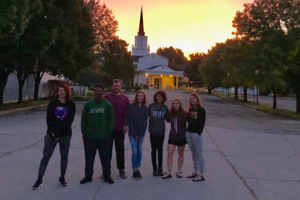


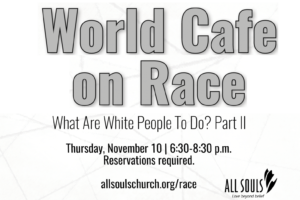
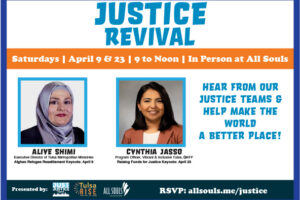
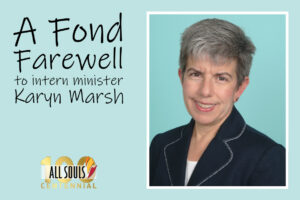

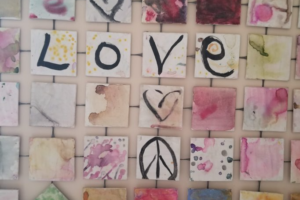
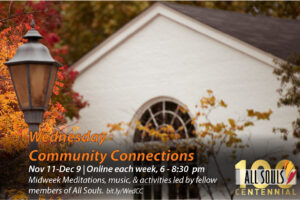
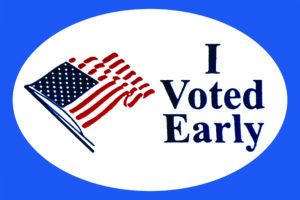

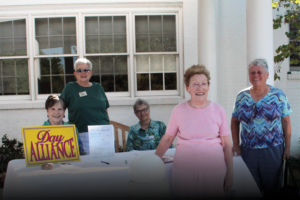

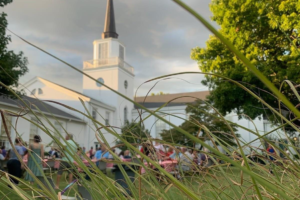



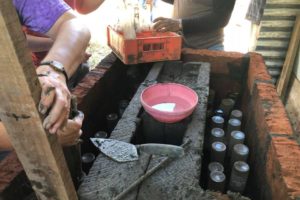


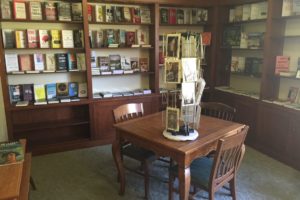

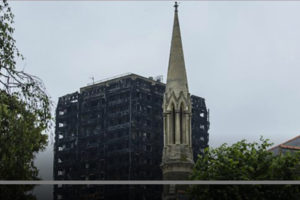
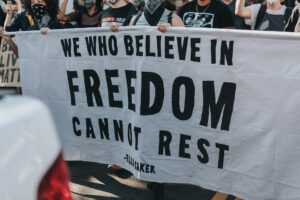

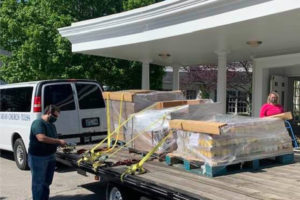
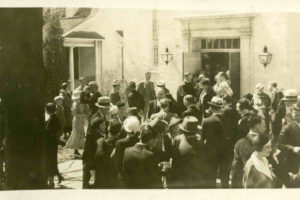
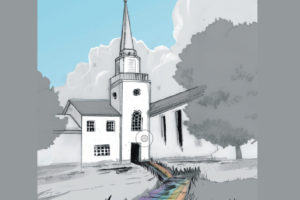
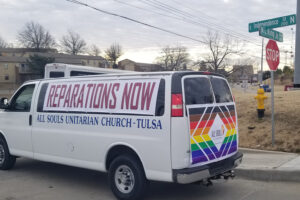


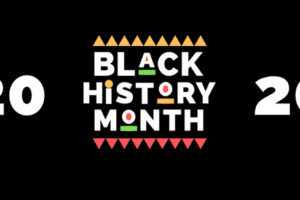
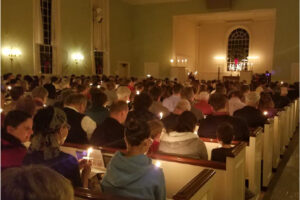

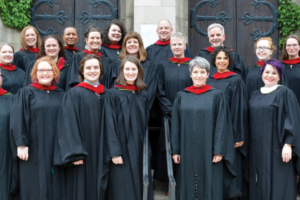
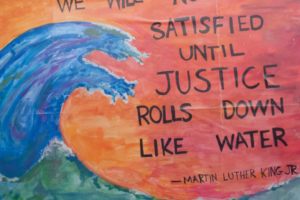
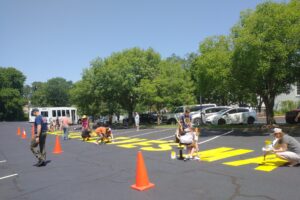







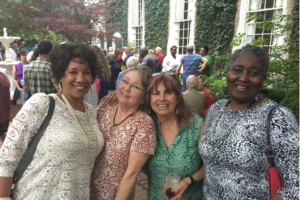

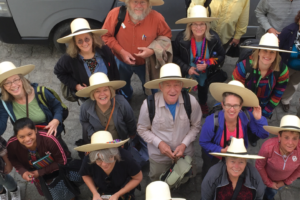


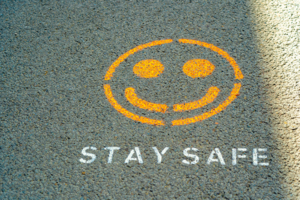


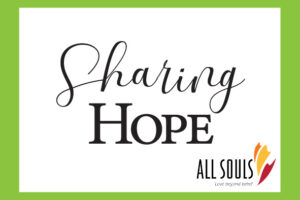
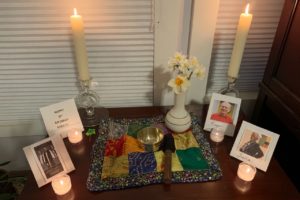

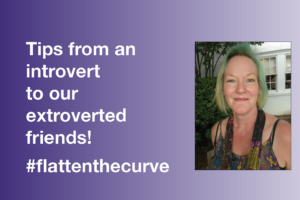
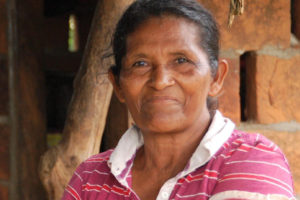

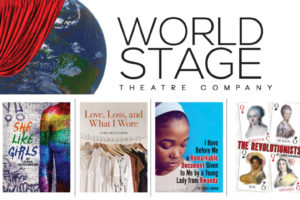
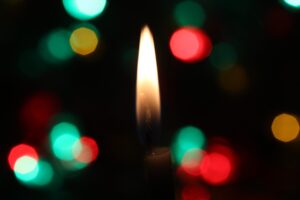

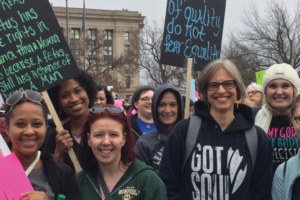

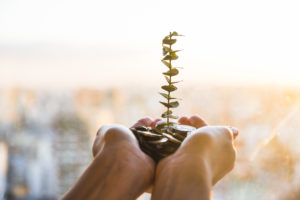
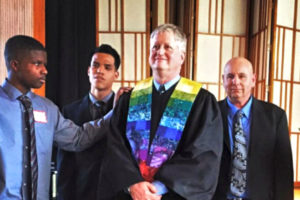


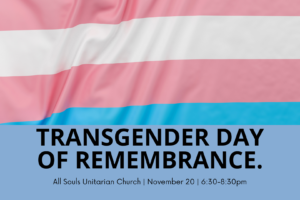
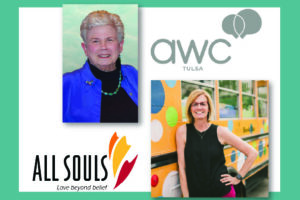
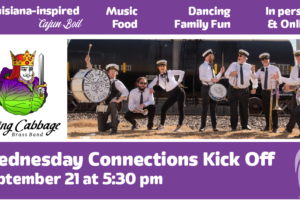



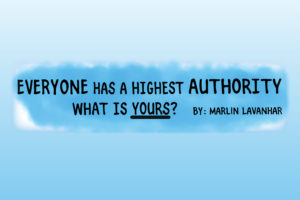

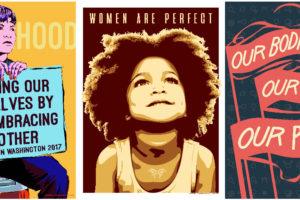


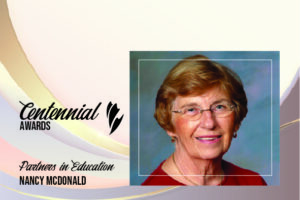
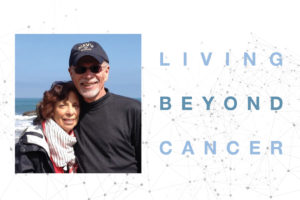
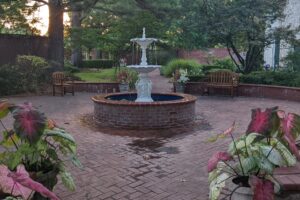

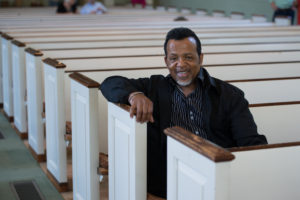


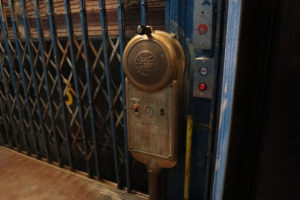
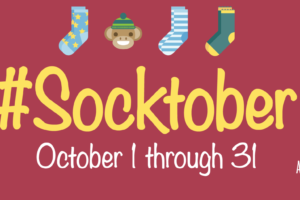
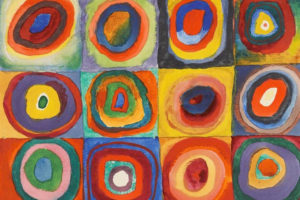

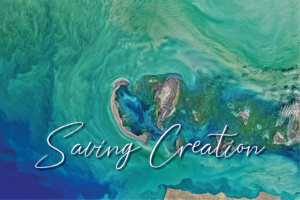
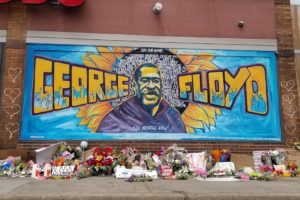
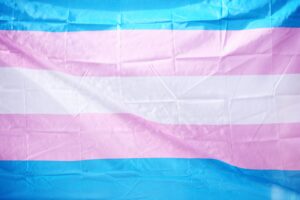
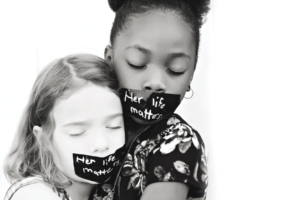
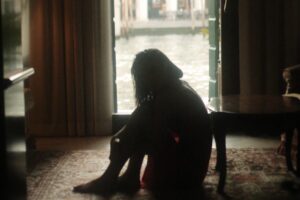

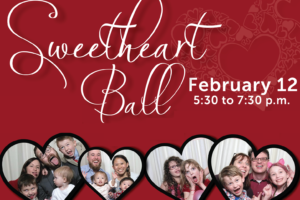
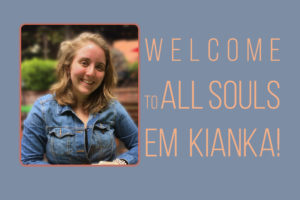
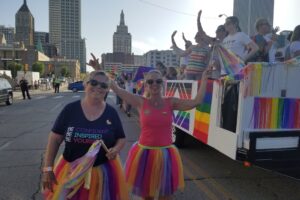

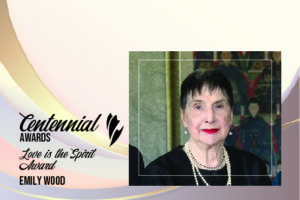


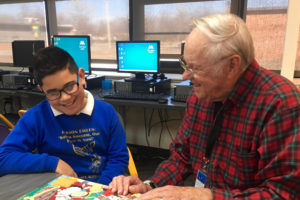



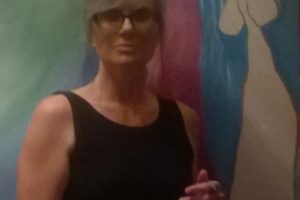


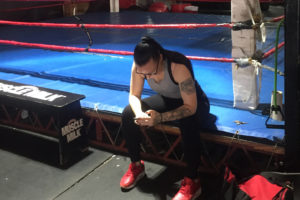




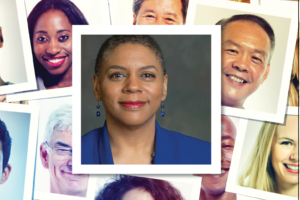
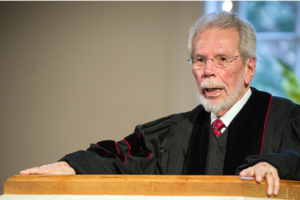



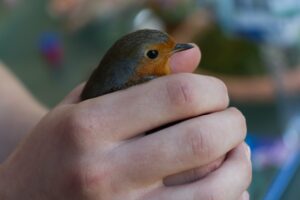

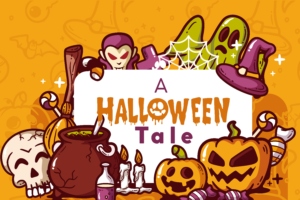
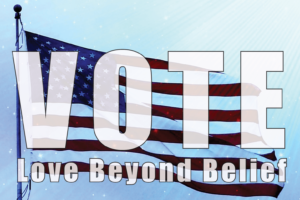

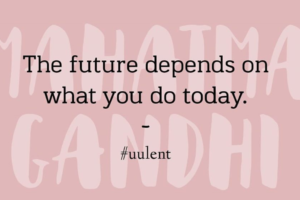
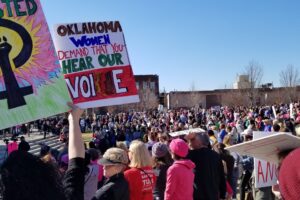


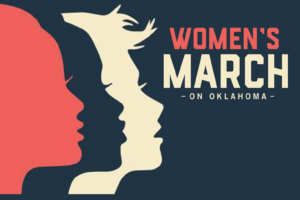


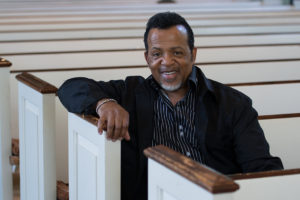

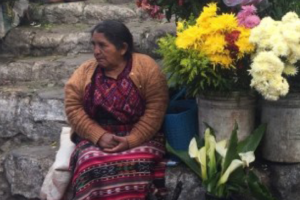
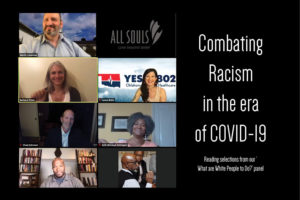

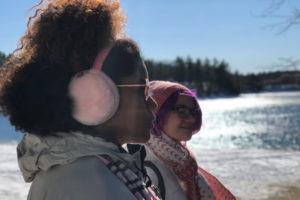
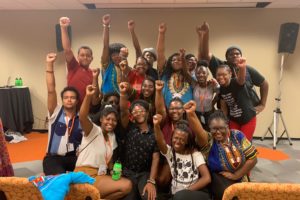
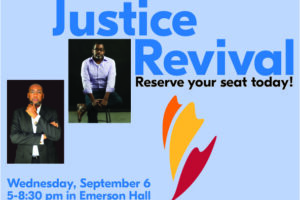
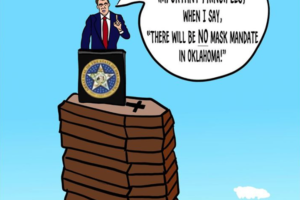
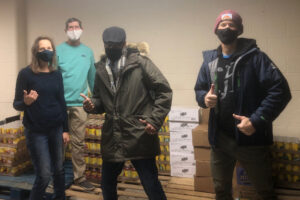
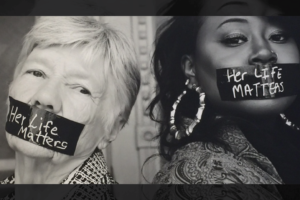

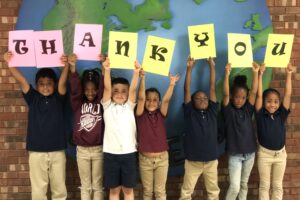




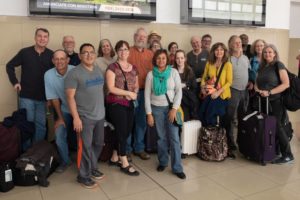
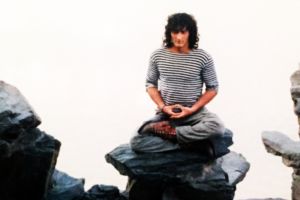
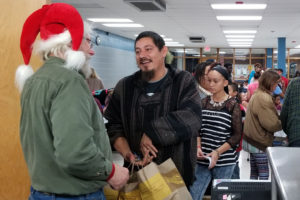
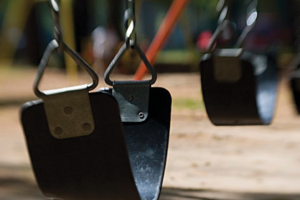

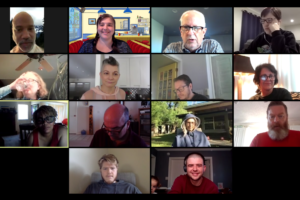

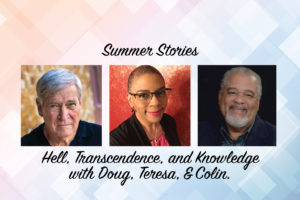


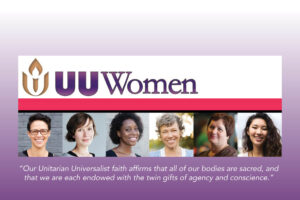
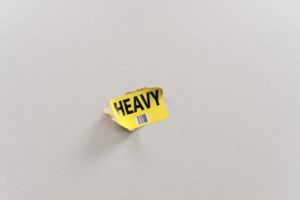


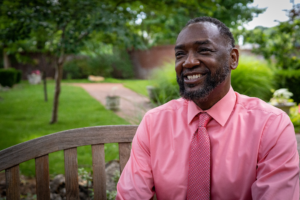
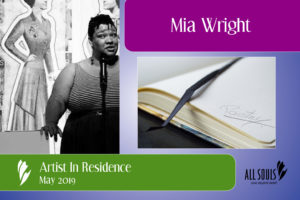
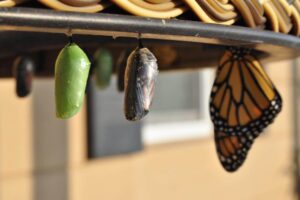
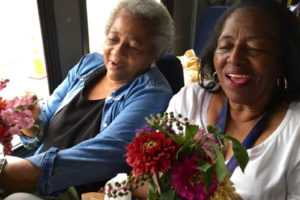
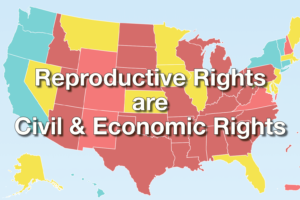
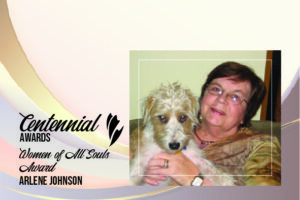
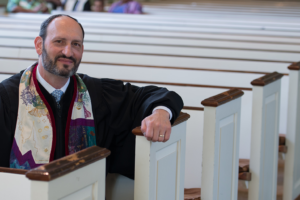



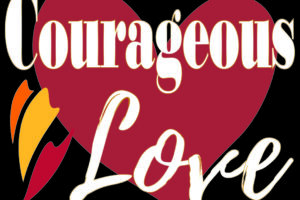
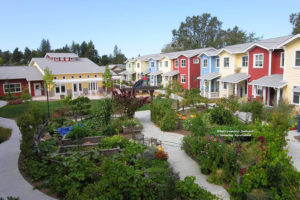


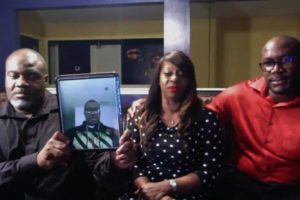
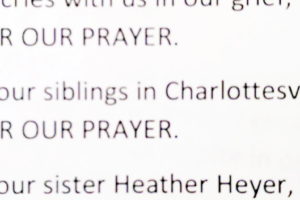


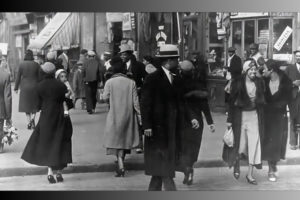


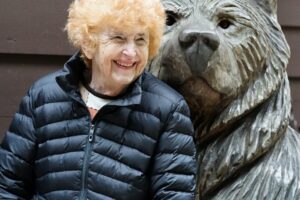
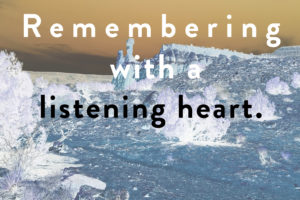

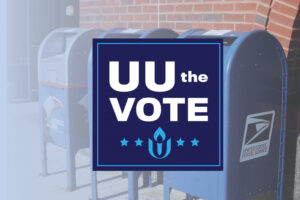
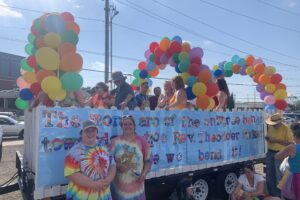
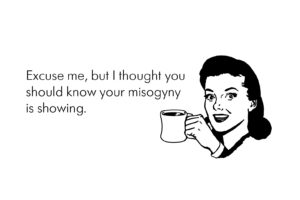


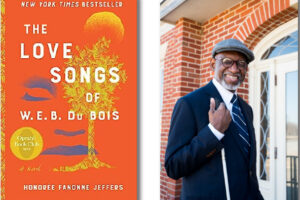
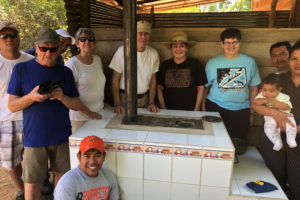
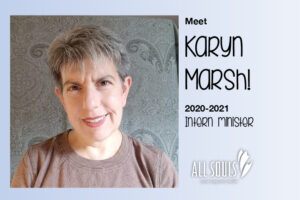
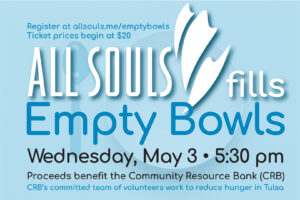
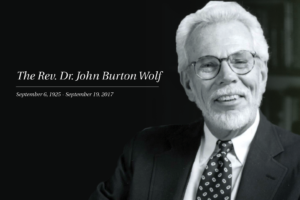
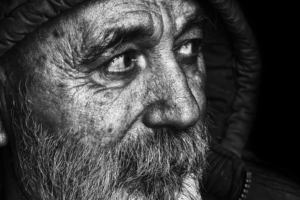
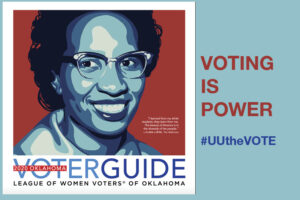
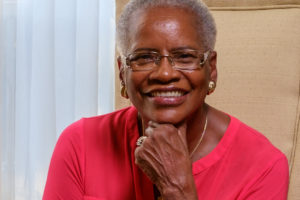
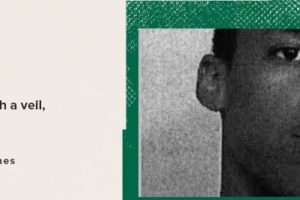
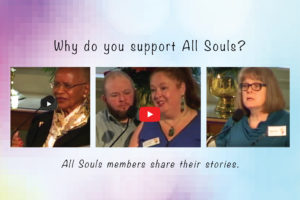

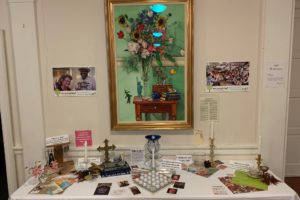

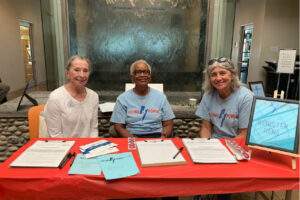
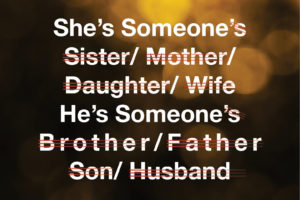

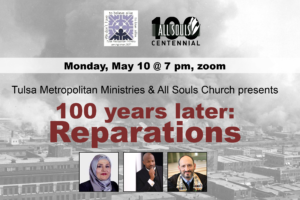
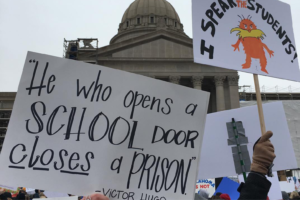
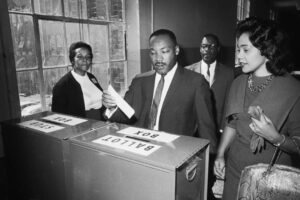
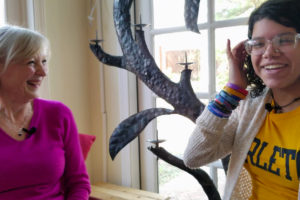
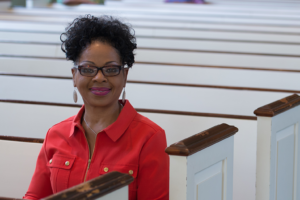
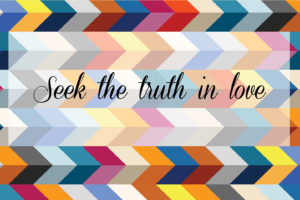

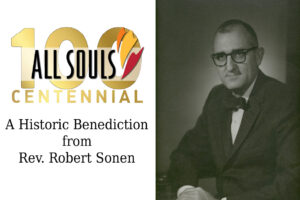
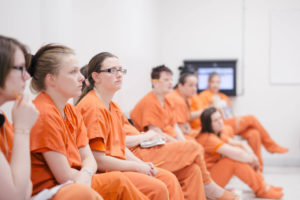
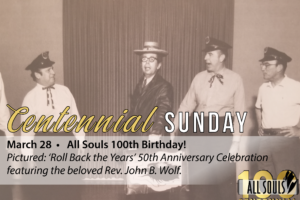
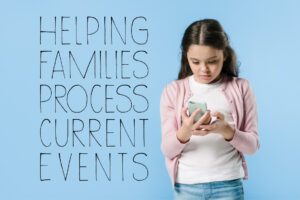
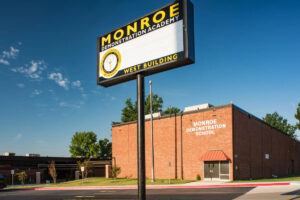
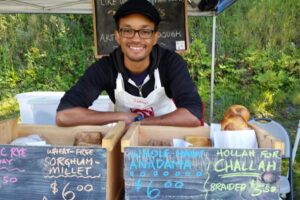


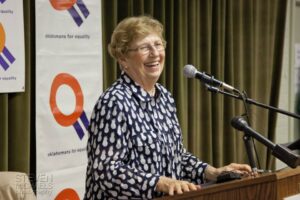
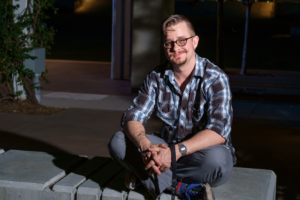
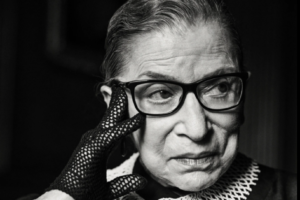
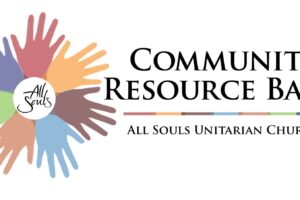
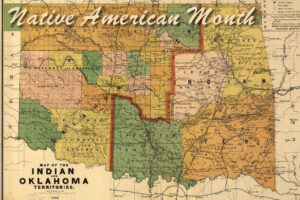

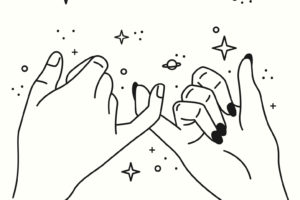

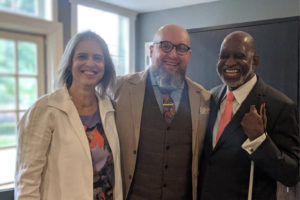

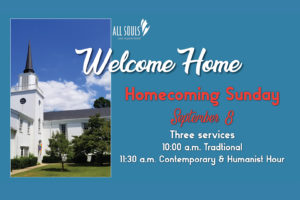
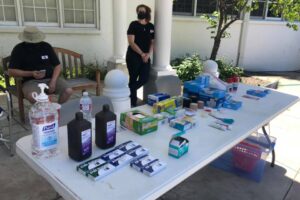

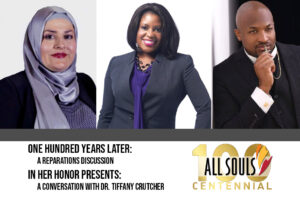

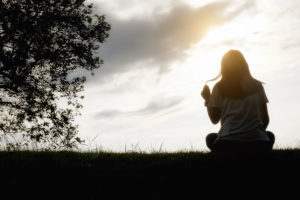
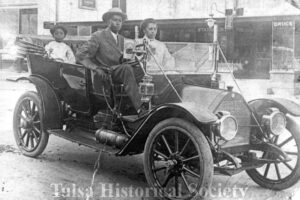
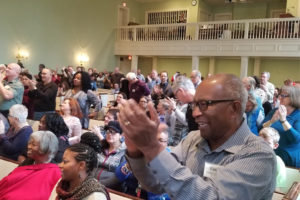
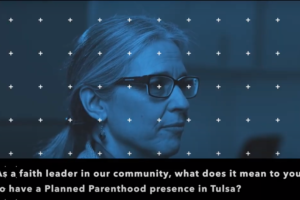
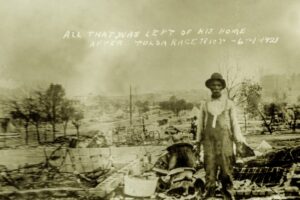
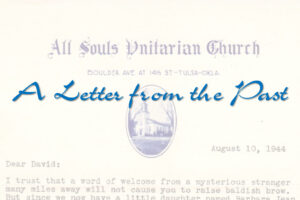
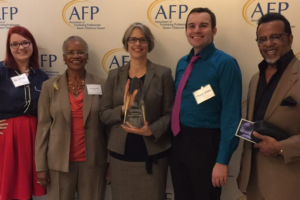
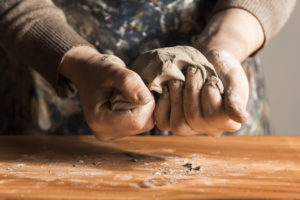
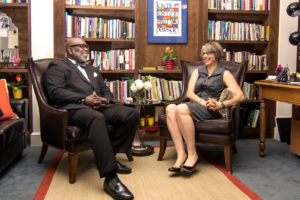
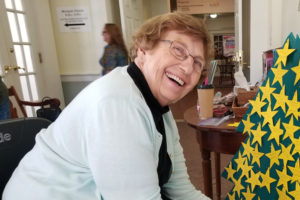
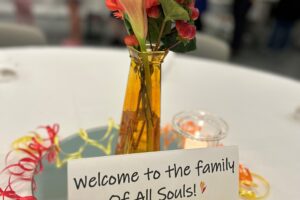
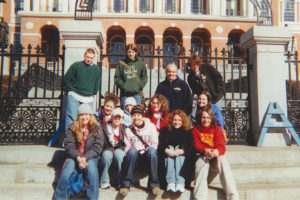
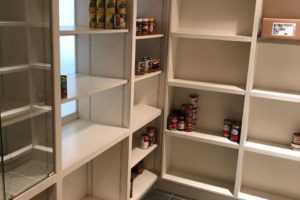
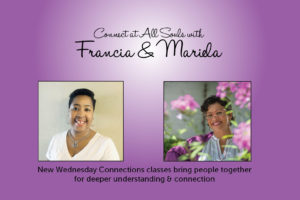



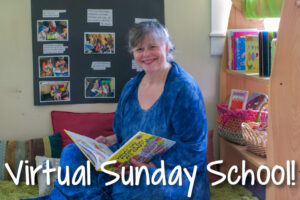
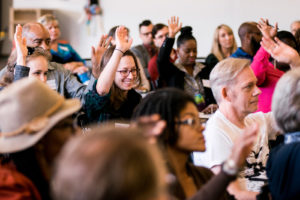
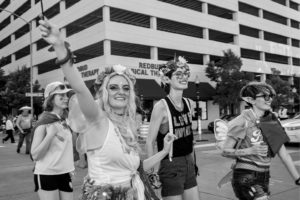
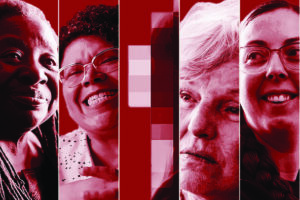
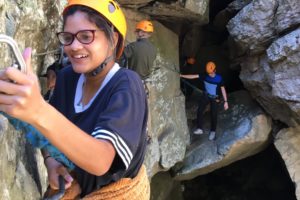
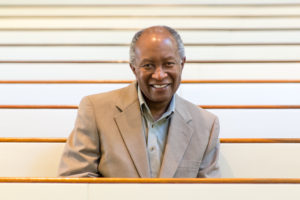

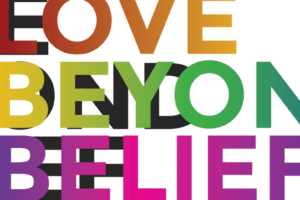
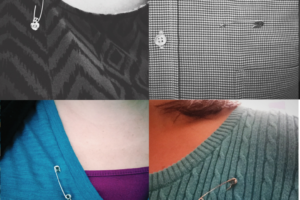
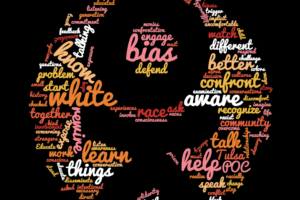





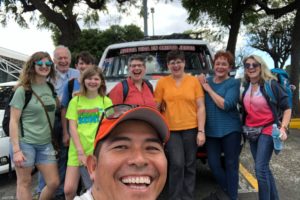





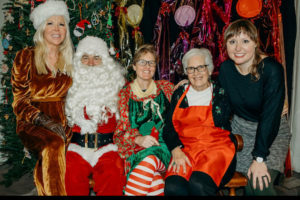

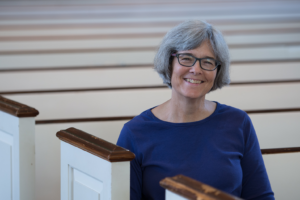
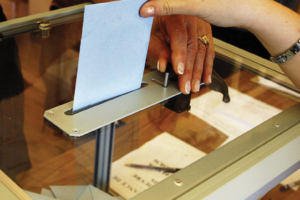
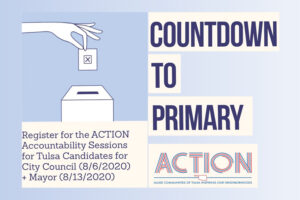


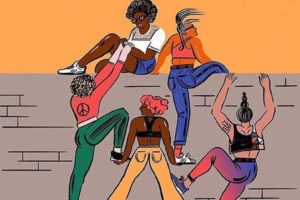
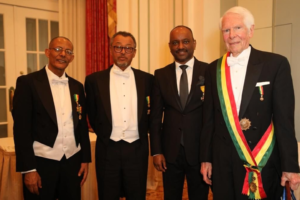
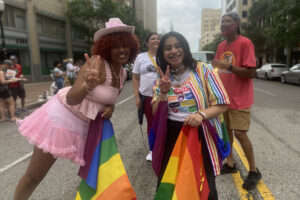

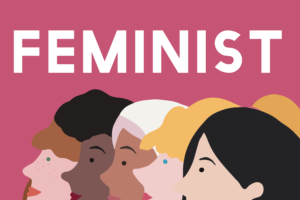
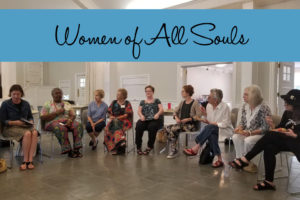
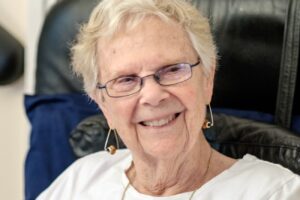




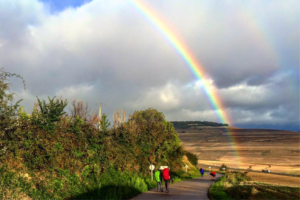


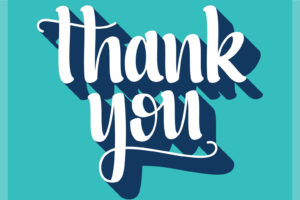
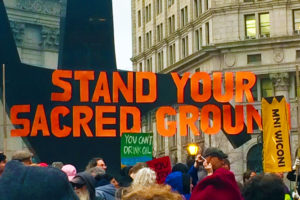
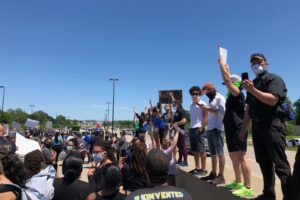

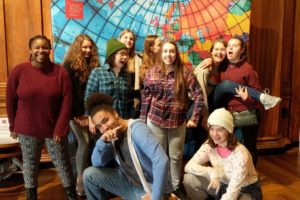

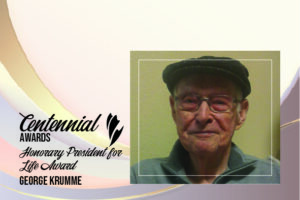
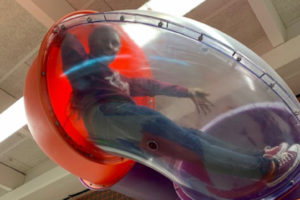
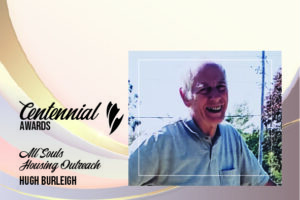
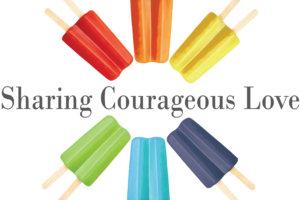

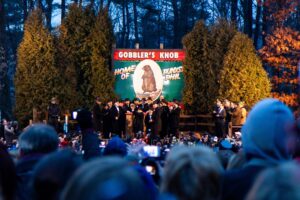
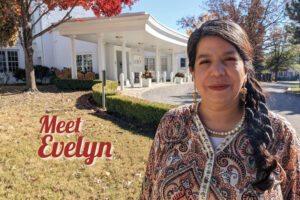

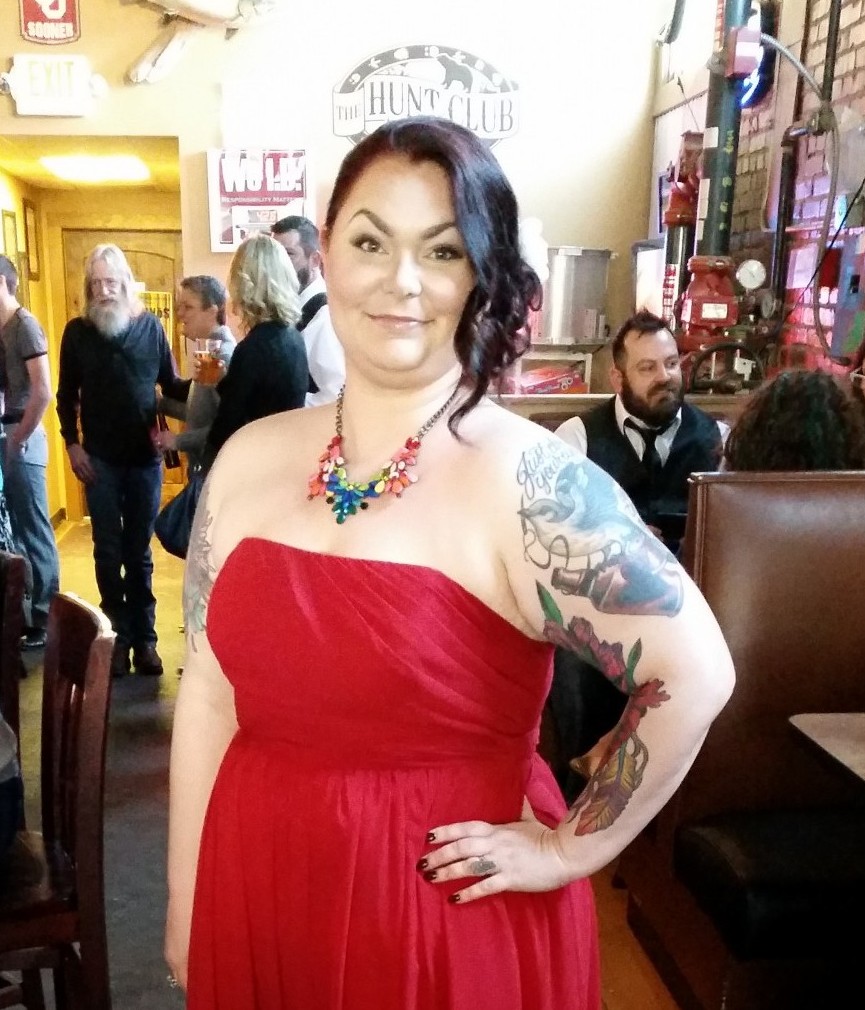


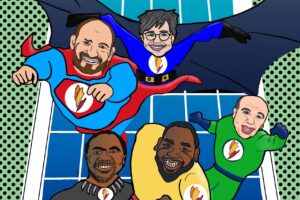
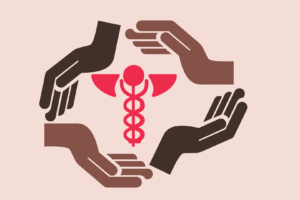

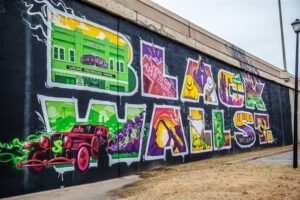
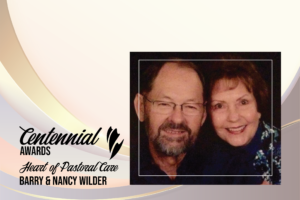
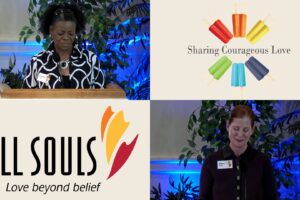

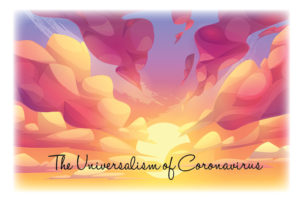
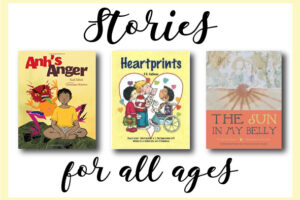
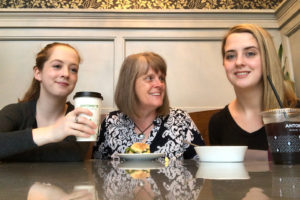

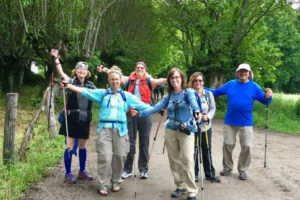

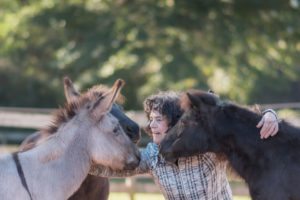
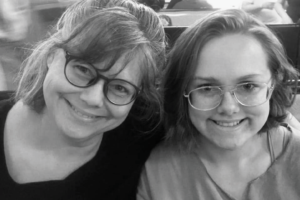
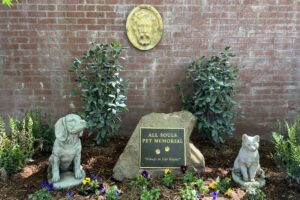
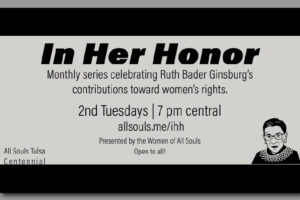
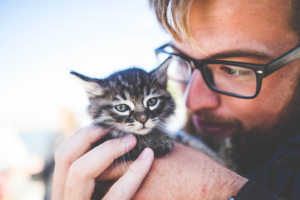

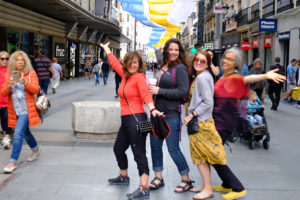
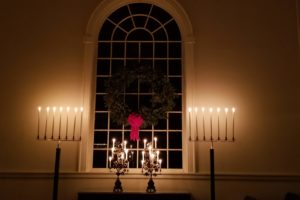
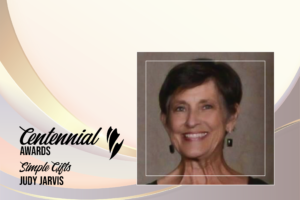
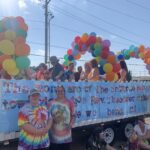

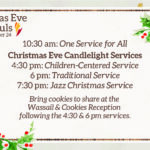
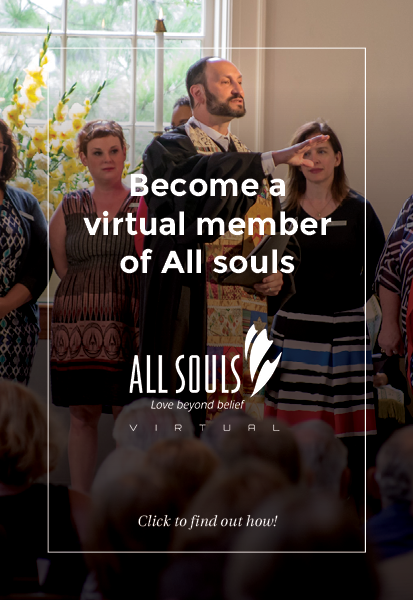

10 Comments
[…] Our goal is to post one story a month from a different voice and perspective. We want to encourage dialogue, explore questions that arise, invite others in to share their perspectives. Read the first post from Sallie Godwin, Feminism & Me: Bartlesville Women Stand Strong. […]
[…] At All Souls, we are devoting a year-long series in 2019: The F Word:Perspectives on Feminism in the Year of the Woman. The intention is to talk about issues women and girls face, to hear women’s voices and ideas, to get to know each other through individual and collective experiences and storytelling, to hear from men and their roles in supporting women, and to create a space for women to support each other. The series is intended to be inclusive, honest, and intersectional. Read February’s post by Sallie Godwin, Feminism & Me: Bartlesville Women Stood Strong […]
[…] more from Yadenee Hailu, Sallie Godwin, and Bonita […]
[…] more from Yadenee Hailu, Sallie Godwin, Quanah Scoggins, and Bonita […]
[…] more from Yadenee Hailu, Sallie Godwin, Quanah Scoggins, and Mia […]
[…] Playing the Game, from Sallie Godwin’s Feminism & Me: Bartlesville Women Stood Strong […]
[…] more from Yadenee Hailu, Sallie Godwin, Quanah Scoggins, and Mia […]
[…] more from Yadenee Hailu, Sallie Godwin, Quanah Scoggins, and Mia Wright, and Dionne […]
[…] more from Yadenee Hailu, Sallie Godwin, Quanah Scoggins, and Mia […]
[…] more from Yadenee Hailu, Sallie Godwin, and Bonita […]